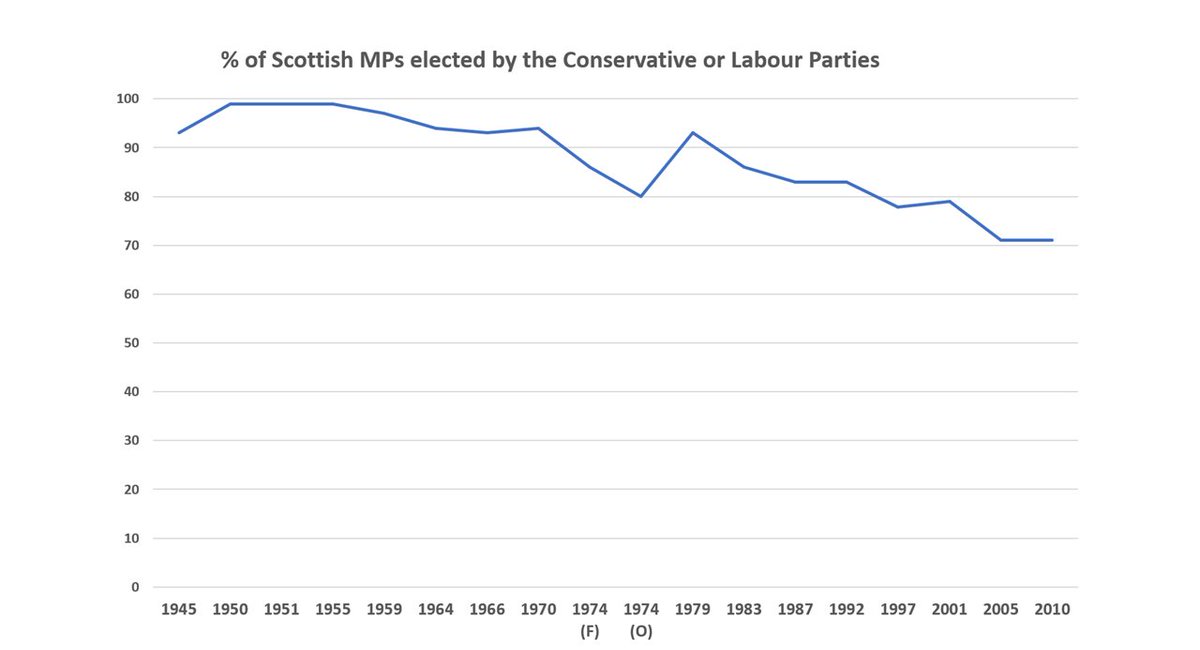
When Gladstone reformed the civil service in 1854, abolishing ministerial patronage, critics called it "an immense stride" towards democracy. They were right: which is why scandals like Greensill, and the return of patronage, are so dangerous. [THREAD] ft.com/content/590367…
2. Before 1854, ministers routinely appointed their friends, business contacts & financial patrons to positions in govt, that came with salaries, access & influence on policy. The Head of the Civil Service, Trevelyan, warned of "a stream of corruption" gushing through public life
3. Gladstone abolished the patronage system, laying the basis for a career civil service recruited by exams. He called this a "parliamentary reform", not just an administrative change, because it weakened corrupt influences, opened govt to talent and made it harder to buy access.
4. By taking civil service appointments out of the gift of ministers, Gladstone's reforms reduced the scope to buy political power. Even a new reform bill, a colleague lamented, would not "diminish the power of the Crown, or add to the power of the people so much as this measure"
5. Contemporaries recognised its importance. John Stuart Mill called the dismantling of patronage in the civil service "one of those great public improvements which form an era in history", preventing a dominant political clique from hoovering up the "profits" of government.
6.That doesn't mean that the model of a career civil service, recruited by competitive exams, need be frozen in time. Exams can be a dubious test of "merit", which comes in many different forms. Outside appointments can inject new thinking into govt & protect it from group-think
7.But as the Greensill affair reminds us, the return of ministerial patronage comes at a cost. Allowing ministers to pack Whitehall with their own appointees, in some cases to their own financial benefit, is not good for democracy & weakens the defences against corrupt influences
8. The principles Gladstone espoused in 1854 - that civil service appointments should be based on merit; that bureaucracies should be beholden to the public, not to ministerial patrons; & that patronage is a high-road to corruption - were sound. We should uphold them today. [END]
• • •
Missing some Tweet in this thread? You can try to
force a refresh








